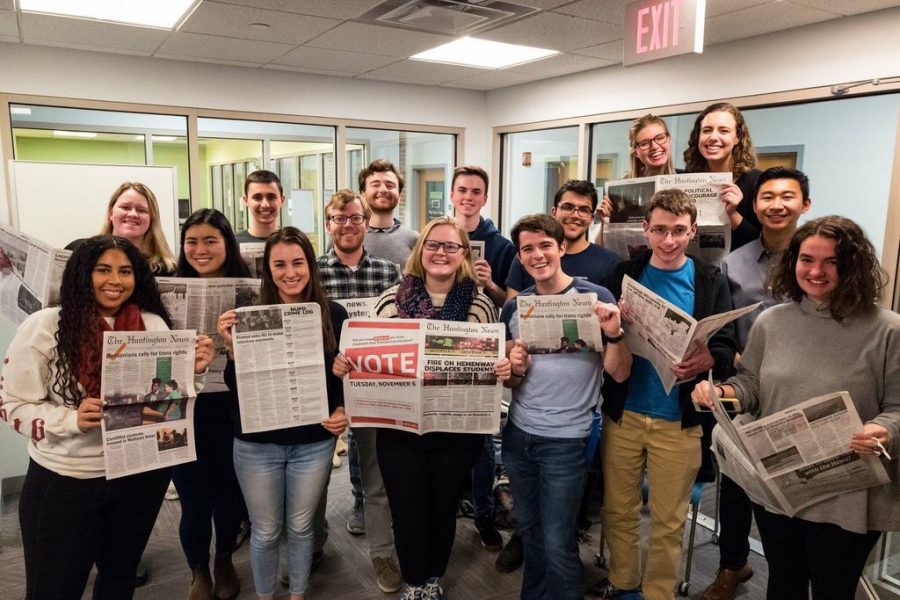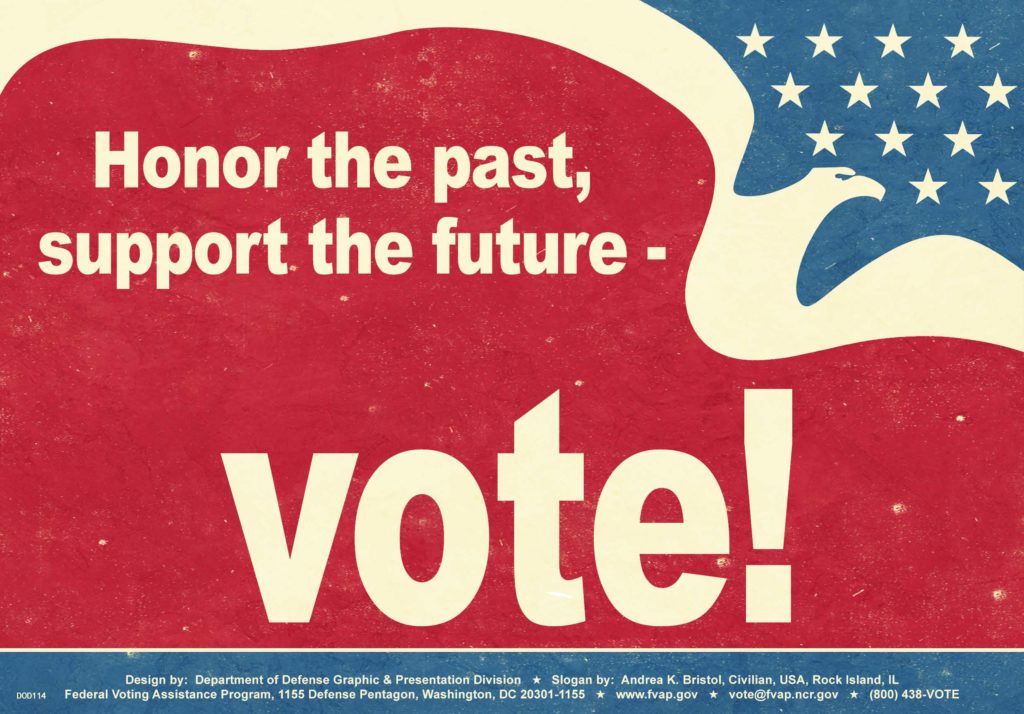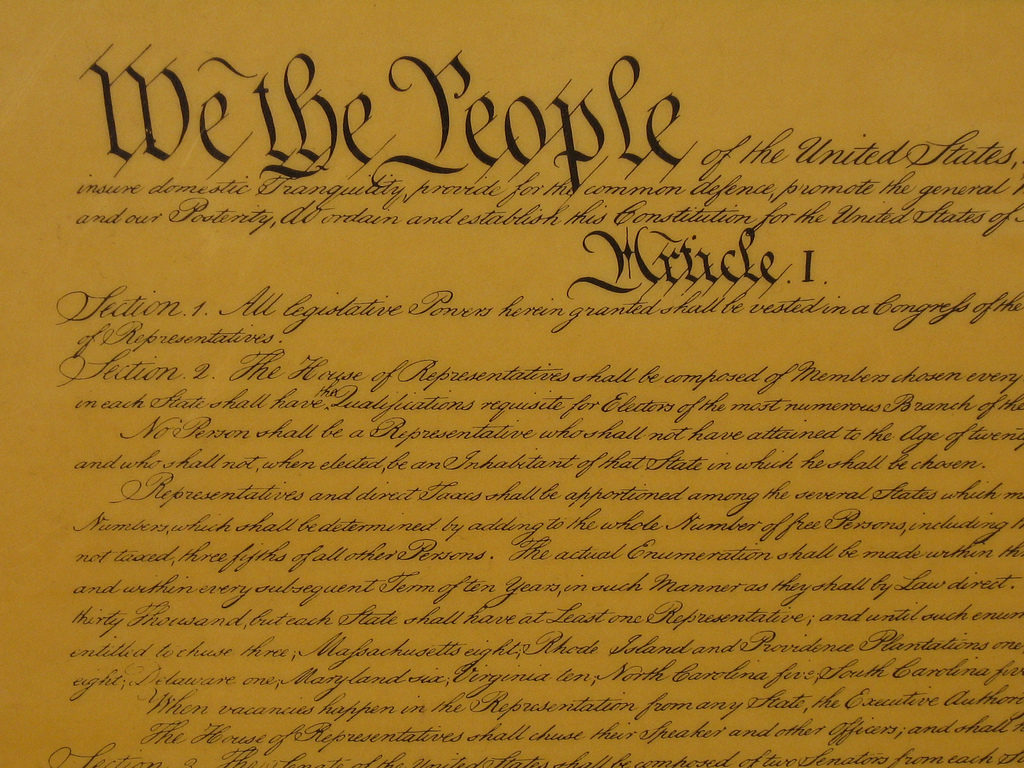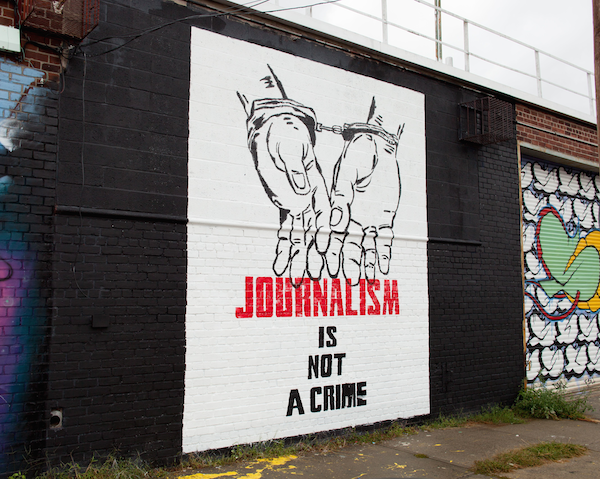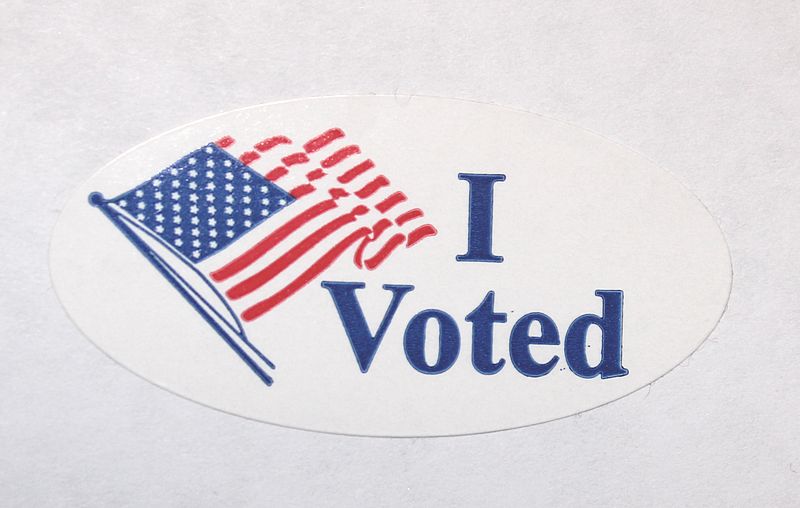Around 5 p.m. on Tuesday, CNN published a story headlined “Intel chiefs presented Trump with claims of Russian efforts to compromise him.” The journalists who bylined the article—Evan Perez, Jim Sciutto, Jake Tapper and Carl Bernstein—wrote that CNN was “not reporting on the details of the memos, as it has not independently corroborated the specific allegations.”
The document CNN referred to originated from former agent Christopher Steele of MI6, Britain’s foreign intelligence agency now referred to as the Secret Intelligence Service. Steele, who compiled privately gathered, unverified intelligence about President-elect Donald J. Trump’s ties to Russia, remained unnamed until Wednesday and has since fled his home, fearing his safety. Although the 35-page dossier was originally reported by Mother Jones in October, it was largely ignored until now—mostly, if not entirely, because BuzzFeed News published the document in full less than two hours after CNN’s report was released.
BuzzFeed’s rationale for publishing was that it would allow Americans to “make up their own minds about allegations about the president-elect,” according to the article. Ben Smith, BuzzFeed’s editor-in-chief, defended the decision in a memo to staff, which he shared on Twitter.
“Our presumption is to be transparent in our journalism and to share what we have with our readers,” he wrote. “We have always erred on the side of publishing. In this case, the document was in wide circulation in the highest levels of American government and media.”
Even if news tips or documents have been circulated among government officials and members of the press, this does not automatically constitute a justification for releasing them without first vetting all information. CNN and other publications, including BuzzFeed, the New York Times and the Washington Post, had been investigating the allegations for months. Evidently, none of them felt comfortable releasing news of the report during that time. It is entirely possible that CNN only chose to publish now, on the eve of Trump’s inauguration, because editors feared that the story would be lost in the flood of first-100-days coverage.
It was irresponsible of CNN to publish, especially the way it did: With a wealth of unnamed sources, unverified information and no real reporting on the dossier’s contents. Taken on its own, the story is confusing and alarmist at best.
However, BuzzFeed’s decision to publish the full dossier was not only irresponsible, but also unethical. Although Smith stated that the decision was not taken lightly, it almost seems like BuzzFeed’s publication was a last-ditch effort to one-up the more established CNN.
Later Tuesday evening, Trump tweeted a link to an article by LifeZette, a conservative-leaning news site, with the hashtag #FakeNews. The story mostly aggregates tweets by other journalists who were critical of CNN and BuzzFeed.
“Not how journalism works: Here’s a thing that might or might not be true, without supporting evidence; decide for yourself if it’s legit,” tweeted Brad Heath, an investigative reporter for USA Today.
Heath is exactly right. Journalism rests on the fundamental principles of trust and verification. When even one of those principles fails, the fourth estate fails to be useful. And in the so-called era of fake news, it is, as always, more important than ever to keep news reporting to the highest standard. Although BuzzFeed included the caveat that the report “is not just unconfirmed: It includes some clear errors”—as did CNN—the document itself lends itself to the same guiding principles with which readers have been viewing fake news. The very use of the term “fake news” has created a lack of moderate, healthy skepticism and a vacuum which is being filled by confirmation bias and increasingly polarized opinions.
If we can’t fully trust established, high-level news outlets, where do we stand?
We at The Huntington News believe it is a journalist’s core responsibility to report facts, and to report them fairly and accurately. Claims should be verified within articles. Sources should be fully vetted before publication. We will continue to operate under these guiding principles, and we will strive for high editorial quality for the benefit of the Northeastern University community.



